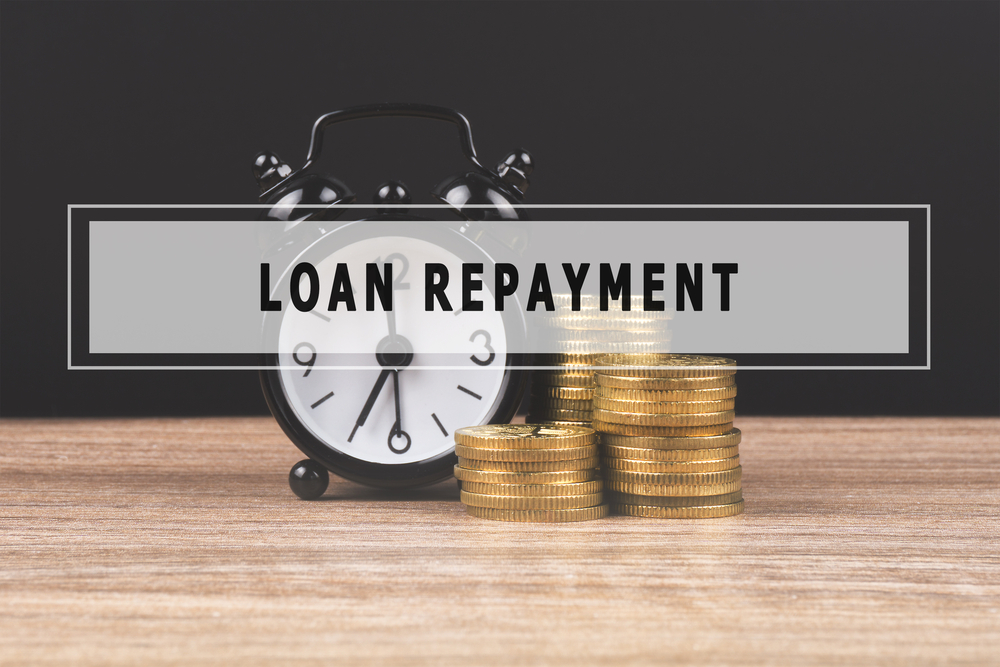3-June-2021 |
If you are the breadwinner of your family, you must know the importance of financial planning. As a sole or co-income owner, you might have the responsibility of managing your own expenses along with sharing those of your loved ones. And this becomes higher with a loan repayment on your shoulders. While a loan can help you fulfil your home, vehicle, education, or any other life goal, it requires strategic planning, money management to ease the strain of repayment, and protect your family from the claim of creditors [Bank & other money lending institution]. But to have a good strategy, it is essential to first know about ways you can manage your finances before or after loan repayment.
How do I manage my loan repayments?
- Prioritize repaying off your loan first.
If you have a current loan repayment ongoing, it is wise to first set aside a portion for your loan instalments from your income and set aside the rest for your expenses, savings, insurance, investments, credit card payments and the like. This way, you will have tackled a big responsibility at the start of the month and avoided making any defaults in payment. Ensure that costly loans [with higher interest rates] are paid off as early as possible.
- Stick to taking one loan if possible.
When you have a pending loan – like a home loan, for instance, it is better to avoid taking on other loans such as credit card loans or vehicle loans. That is because loan repayments come with a monthly or annual interest amount which only gets higher if you skip making timely payments. Moreover, spending most of your earnings towards repaying loans can leave little to nothing for your day-to-day expenses.
- Opt for a shorter loan repayment term.
Opt for a shorter loan repayment term, as opposed to a longer term. The lesser the tenure of the loan is - the lower are the total interest payable and the chances of missed payments piling up. Longer terms can keep you stuck in the cycle of making periodic payments and add to life’s stresses.
- Get a loan insurance plan.
Getting a Loan insurance plan or Term Insurance Plan or Saving [Endowment] Insurance Plan can ease your worries of paying off your loan in your absence. In case of your unfortunate demise or injury, a loan insurance plan can support your loved ones by repaying the lender from whom you have taken the loan.
How do you plan a loan with an assured saving insurance plan?
When you are responsible for repaying a loan, whether by yourself or with your spouse, a savings plan can help you in dual ways to finish off repayments. Here’s how:
- By giving you a lump-sum amount at maturity that is up to 10 -20 times [depending on the tenure] the annual premium, a savings plan ensures you receive more with only a little investment. You can use the amount you receive at the plan to pay off a chunk of the loan amount as a pre-payment, thereby saving on interest [Example: Save for 10 Years in saving plan and payoff loan of 20 years in 10 years with the maturity amount received from the saving plan].
- In case of your unfortunate demise, a savings plan gives a death benefit to your family to keep them secure in your absence. So, if your loan remains unfulfilled, your family will have the finances towards making repayments.
- You also have the freedom to enhance the scope of benefits through additional riders1 under a savings plan by paying extra premiums. These riders come to your rescue by extending financial support through a fixed lump-sum amount in trying times such as accidents or injuries.
How to take steps in financial planning after loan repayment?

Once you settle all your loan payments, there is room for directing your earnings into fruitful avenues. That can include spending towards fulfilling milestones such as your child’s education or marriage, your retirement, or a family vacation. However, financial planning is a lifelong practice, and chances are, after your loan repayment, you might have to focus on other commitments. To strike a balance between spending wisely and living a good life, you can:
- Cut out unnecessary expenses.
While you deserve all the good things in life, it is crucial to draw the line between essential and extravagant spending. Cutting out unnecessary costs won’t affect the quality of your life and help you build a sufficient financial reserve at the same time.
- Invest in an assured savings insurance plan.
While saving a considerable size of your income will get you through a rainy day, growing your income through well thought out investments is what will get you through the storm. Investing in avenues that keep your money safe and multiply it can go a long way in achieving your goals. An assured savings insurance plan from Tata AIA online or offline is one such saving plan that can give you the benefits of both wealth creation and life insurance protection.
Why should you invest in an assured savings insurance plan?
A savings insurance plan enables you to earn bonuses2 in insurance and witness the magic of compounding and guarantee [bonuses2 once declared is guaranteed#]. With this plan, you get to see your income grow up to 10 times the amount you invest and get to secure your family in your absence! Moreover, assured savings plans from Tata AIA Life also gives you the liberty to enhance the level of additional/comprehensive protection towards your family with riders1 such as:
- The Tata AIA Life Insurance Non-Linked Comprehensive Protection Rider (UIN: 110B033V02)
- The Tata AIA Life Insurance Non-Linked Comprehensive Health Rider (UIB: 110B031V02)
To conclude
Apart from aiding in fulfilling life goals, financial planning is a core part of living an enriched and worry-free life. More so if a loan comes into the picture. With a savings plan, you can take practical steps to secure your present and future.
L&C/Advt/2021/Jun/0734









 FOR EXISTING POLICY
FOR EXISTING POLICY 
 FOR NEW POLICY
FOR NEW POLICY 






